This coastal tribe has a radical vision for fighting sea-level rise in the Hamptons – Vox

Next to some of the priciest real estate in the world, the Shinnecock Nation refuses to merely retreat from its vulnerable shoreline…
Climate Change Made Hurricane Milton Stronger, With Heavier Rain, Scientists Conclude – Inside Climate News
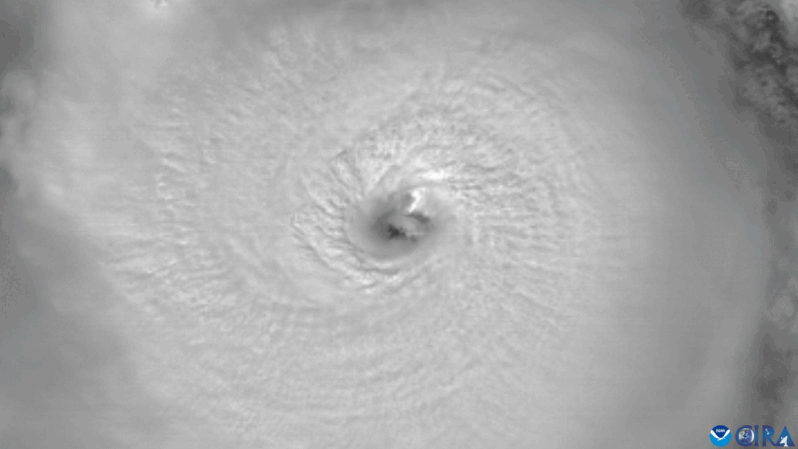
A rapid analysis of rainfall trends and Gulf of Mexico temperatures shows many similarities to Hurricane Helene less than two weeks earlier…
In Charleston, floods are a ‘constant existential fear’ – the Washington Post
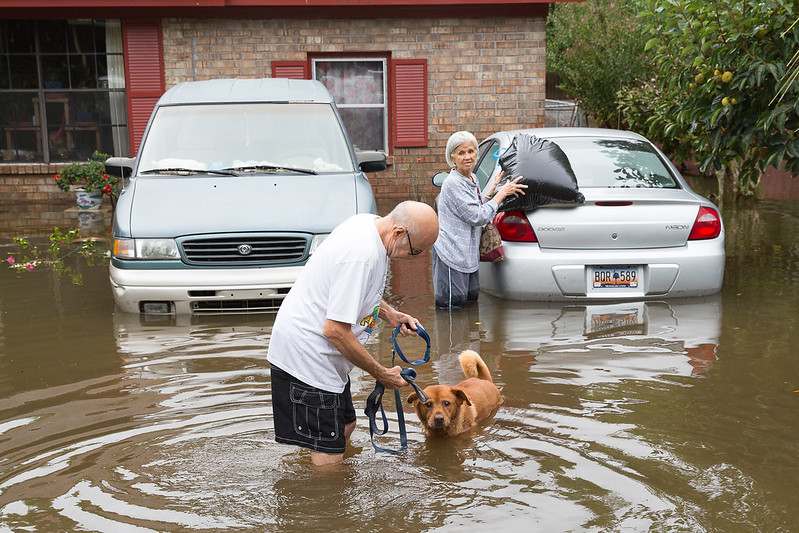
Charleston, S.C., is weary from a parade of floods that go back a decade. The city is taking action to confront the risk, but Debby offered more proof of how tall a task it faces….
How Close Are the Planet’s Climate Tipping Points? – the New York Times
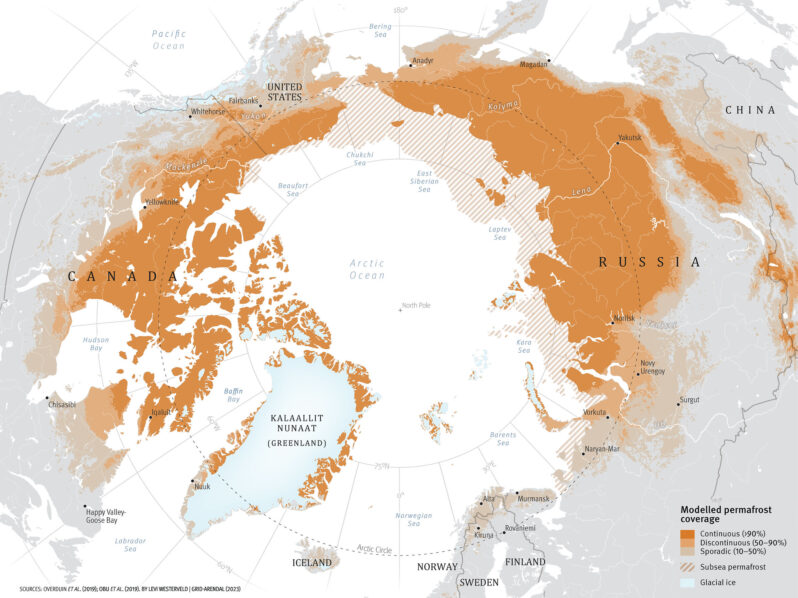
Earth’s warming could trigger sweeping changes in the natural world that would be hard, if not impossible, to reverse…
Antarctic temperatures soar 50 degrees above norm in long-lasting heat wave – the Washington Post
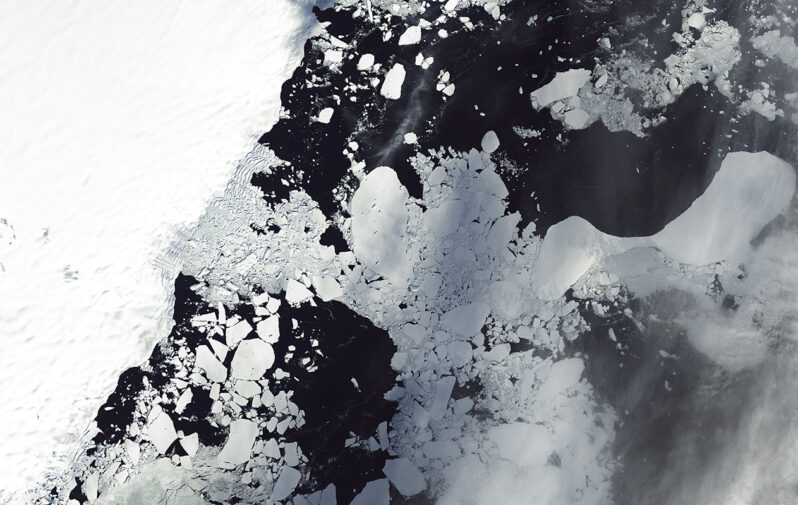
This historic warm spell in East Antarctica is an ominous example of the temperature spikes this polar climate could experience more of in a warming world…
In the South, Sea Level Rise Accelerates at Some of the Most Extreme Rates on Earth – Inside Climate News
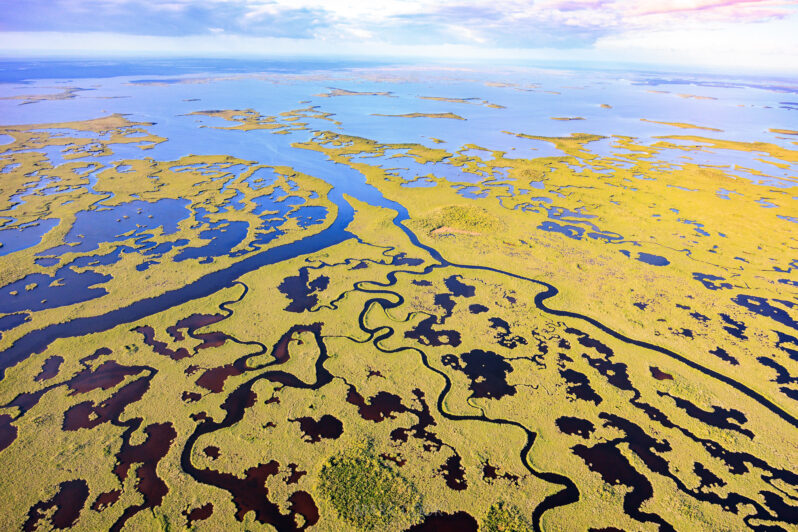
The surge is startling scientists, amplifying impacts such as hurricane storm surges and nuisance flooding and testing mitigation measures like the Resilient Florida program…
Earth broke all-time heat record two days in a row, scientists say – the Washington Post
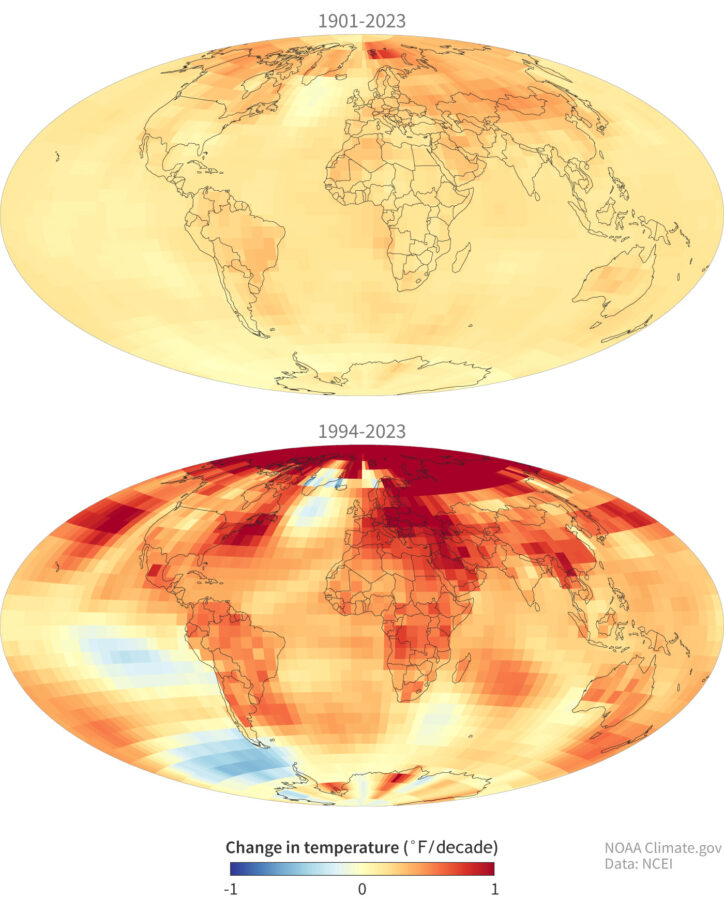
Global temperatures Monday were highest ever observed — breaking a record set only 24 hours earlier….
Is there a wrong way to talk about climate change? – Grist Magazine

In a provocative new book, Genevieve Guenther argues that too many conversations are happening on the fossil fuel industry’s terms….
Photos: Beryl makes landfall on Texas coast as Category 1 storm – the Washington Post
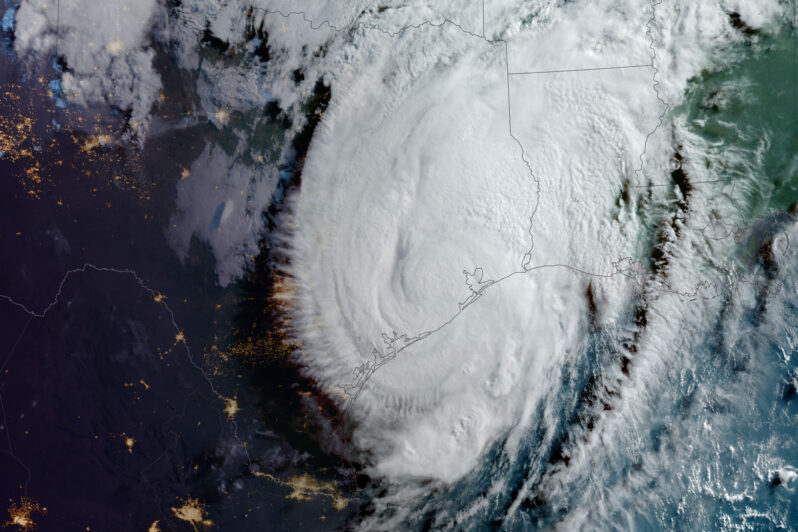
Hurricane Beryl headed to Texas after hitting Mexico and leaving a trail of destruction across the eastern Caribbean…
